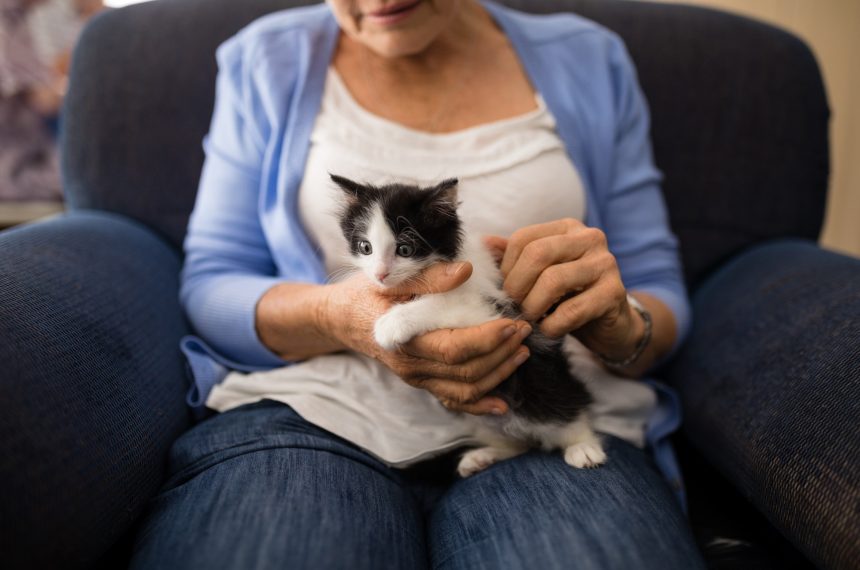Kittens are valuable bundles of fur, but despite their fluff, they still have a lot to mature. In a relatively short time (only 812 months), muscles, bones, skin, hair, teeth and intestines develop rapidly and acquire important socialization skills. Therefore, good food at this early stage is beneficial for kittens in the first few months of life.
From birth to weaning
Kittens’ survival skills work fast. Immediately after birth, the newborn tries to find breast milk. This is important because the mother produces a special type of milk called first milk and supports the immune system. During the first weeks of life, most kittens are breastfed at least 4-6 times a day. If the kitten is an orphan, or if the mother does not breastfeed or does not breastfeed, the kitten should be provided with a mix / milk substitute.
Gradually introduce a new diet
The kitten’s diet should be introduced gradually. Mix only
Add kitten mix / milk to wet or dry “whole” cat food.
Goat and goat’s milk cannot be used due to indigestion.
Use a shallow container so that the kitten can easily reach the prey.
Giving the same complete diet to a breastfeeding mother and kitten will help you get into the habit of early feeding during the weaning period.
After about 6 weeks
Slowly replace milk with water for several hours until only solid food (with dry food) is given. At this stage, all kittens should be weaned completely and should be on specially prepared kittens’ diet. Make sure your kitten always has fresh drinking water.
How much should feed?
To determine the quantity of food, first follow the manufacturer’s feeding recommendations printed on the package. To make sure your kitten is getting enough energy and nutrients, weigh your kitten’s daily ration at the kitchen counter. Keep in mind that feeding recommendations are a good starting point, but all animals are unique and calorie intake should be tailored to individual needs.
Feed regularly
Kittens should be fed regularly and in small portions from their daily diet throughout the day. At 6 months of age, kittens may change their diet twice a day, but keep in mind that cats are natural vegetarians and prefer small, frequent meals. However, always be careful not to overeat. Cats should eat the same food every day. However, spread it on food several times a day.
Transition from kitten to adult food
When a kitten reaches 90% of its expected adult weight, you can switch from a kitten’s diet to an adult care diet.
The transition from one food to another is gradual (over 57 days), increasing the amount of new food and reducing the amount of existing food until only new food is available. It helps prevent digestive problems associated with sudden dietary changes.
Sterilization and diet
Most domestic cats undergo contraception about 46 months after birth. When spawning, it requires less energy and owners should adjust their diet to reduce the risk of unnecessary weight gain monitor your cat’s physical condition after neutering. If you notice that your cat is gaining weight, consult your veterinarian.
Whether to complete or not is the question.
You do not need to add a complete and balanced diet to your kitten.
Supplements are also harmful and can cause developmental abnormalities.
Cat welfare
Cats must be at least 8 weeks old before leaving their mother.
Welfare organizations such as Cat Protection, International Cat Care and RSPCA provide advice and guidance on buying kittens responsibly. Since childhood we have been working with a team of animals.

